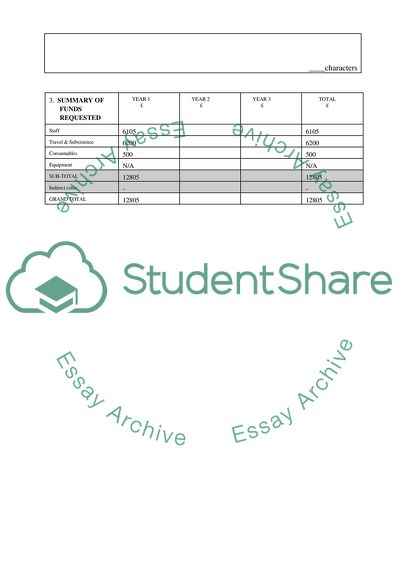Cite this document
(“Ensuring Optimal Emotional Intelligence in Adolescents: An Empirical Research Proposal”, n.d.)
Ensuring Optimal Emotional Intelligence in Adolescents: An Empirical Research Proposal. Retrieved from https://studentshare.org/psychology/1640487-affective-science-see-attachments
Ensuring Optimal Emotional Intelligence in Adolescents: An Empirical Research Proposal. Retrieved from https://studentshare.org/psychology/1640487-affective-science-see-attachments
(Ensuring Optimal Emotional Intelligence in Adolescents: An Empirical Research Proposal)
Ensuring Optimal Emotional Intelligence in Adolescents: An Empirical Research Proposal. https://studentshare.org/psychology/1640487-affective-science-see-attachments.
Ensuring Optimal Emotional Intelligence in Adolescents: An Empirical Research Proposal. https://studentshare.org/psychology/1640487-affective-science-see-attachments.
“Ensuring Optimal Emotional Intelligence in Adolescents: An Empirical Research Proposal”, n.d. https://studentshare.org/psychology/1640487-affective-science-see-attachments.


